Finding the Right Heroin Detox in Long Island
One of the most important first steps towards sobriety is finding a trustworthy rehab that offers heroin detox in Long Island or nearby. You must find a treatment center that has proven results, and can create a treatment plan tailored to each patient.
Why is Heroin Detox so Difficult?
Beating heroin addiction can be overwhelmingly hard. In fact, heroin addiction is one of most common addictions in the U.S. More than half a million Americans are addicted to heroin at any given time. Given how addictive heroin can be, it is not surprising that the process of heroin detox can be a painful struggle as well.
During heroin detox the patient feels the effects of heroin withdrawal acutely. Withdrawal symptoms can appear as early as six hours from the last heroin dose, depending on the level of addiction. Heavy users tend to show withdrawal symptoms much quicker compared to light users.
Treatments Used During Heroin Detox
There are two main treatments that can be used to help patients get off heroin, namely:
Pharmacological Treatment
To help ease the cravings and pain during detox, medication-assisted treatment can be used for those who are experiencing severe withdrawal symptoms. These medications work by targeting the same opioid receptors as heroin without the danger heroin presents. There are three types of medications used for medication-assisted treatment:
Agonists – activates opioid receptors to produce a similar effect. One of the most well-spread agonists used is Methadone.
Partial agonists – functions like agonists, but formulated to produce a milder response. One of the most effective partial agonists is Buprenorphine, which relieves the cravings without the user feeling “high”.
Antagonists – blocks the opioid receptors in the body. Antagonists have no mind- or mood-altering effects. Their main purpose is to prevent opioids from attaching to receptors. One of the most well-known antagonists is Naltrexone.
When searching for effective heroin detox in Long Island and surrounding areas, it is critical to find a center with trained and experienced medical professionals. These professionals will know which medications to prescribe as well as supervise all medication schedules. You need to ensure that these professionals have experience in getting patients off heroin safely, as well deal with any withdrawal symptoms.
Behavioral Therapy
Behavioral therapies can be used in both outpatient and in-patient treatment settings. These therapies are designed to help “rewire” the brain by modifying the patient’s behaviors, coping mechanisms, and expectations related to heroin use.
For patients who are undergoing in-patient treatment, one of the most effective behavioral therapy methods is contingency management. Contingency management is a voucher-based system wherein patients can earn “points” based on milestones such as negative drug tests and hitting certain time periods where they stay clean. These “points” can then be exchanged for items that help the patient stay clean and live healthy.
For outpatients, cognitive behavioral therapy (CBT) is highly effective. This treatment helps modify a patient’s mindset towards addiction, identify their triggers, and find healthy coping mechanisms. Many Long Island heroin detox programs incorporate behavioral therapy to reduce drug dependency.
What to Expect During Heroin Detox
A person who is addicted to heroin stops taking the drug, they go into heroin withdrawal because their brain “craves” for the pleasurable effects of taking heroin. When this craving is not met, symptoms such as anxiety, muscle aches, and insomnia can arise quickly.
The most intense period of heroin detox is known as acute withdrawal, and usually the first 48 hours after the last dose. This is when most withdrawal symptoms will manifest. By the third or fourth day, the patient may develop other symptoms such as excessive sweating, shivers, and vomiting.
After about a week, most of the physical symptoms of withdrawal will taper off. However, it is possible that the patient can experience post-acute withdrawal syndrome (PAWS) long after they have finished their heroin detox. Patients who experience PAWS after their heroin detox in Long Island may need further treatment in the form of outpatient services.
How to Help
Searching for the right facility to provide heroin detox in Long Island or close by can be a challenge. Long Island Rehabs is your source for information and guidance in navigating treatment options.

